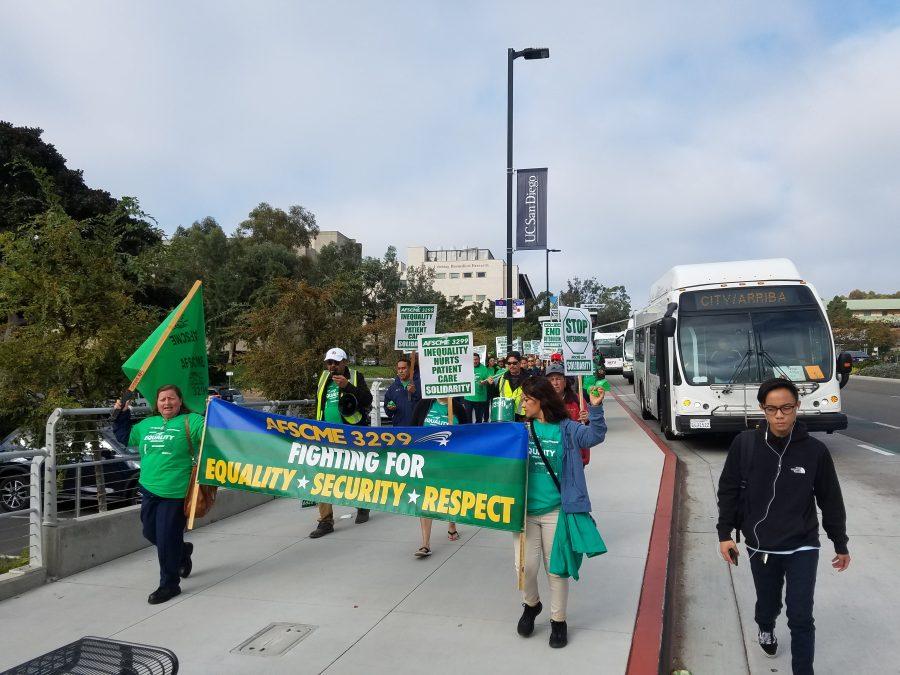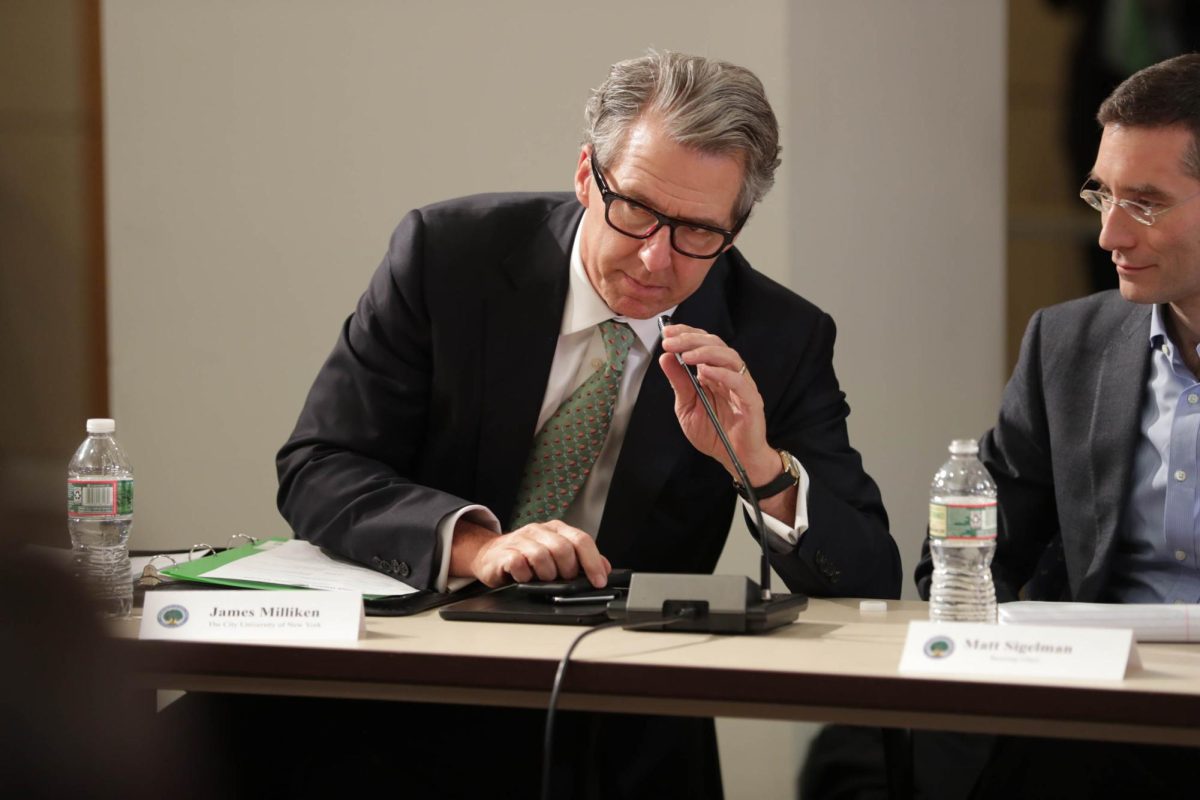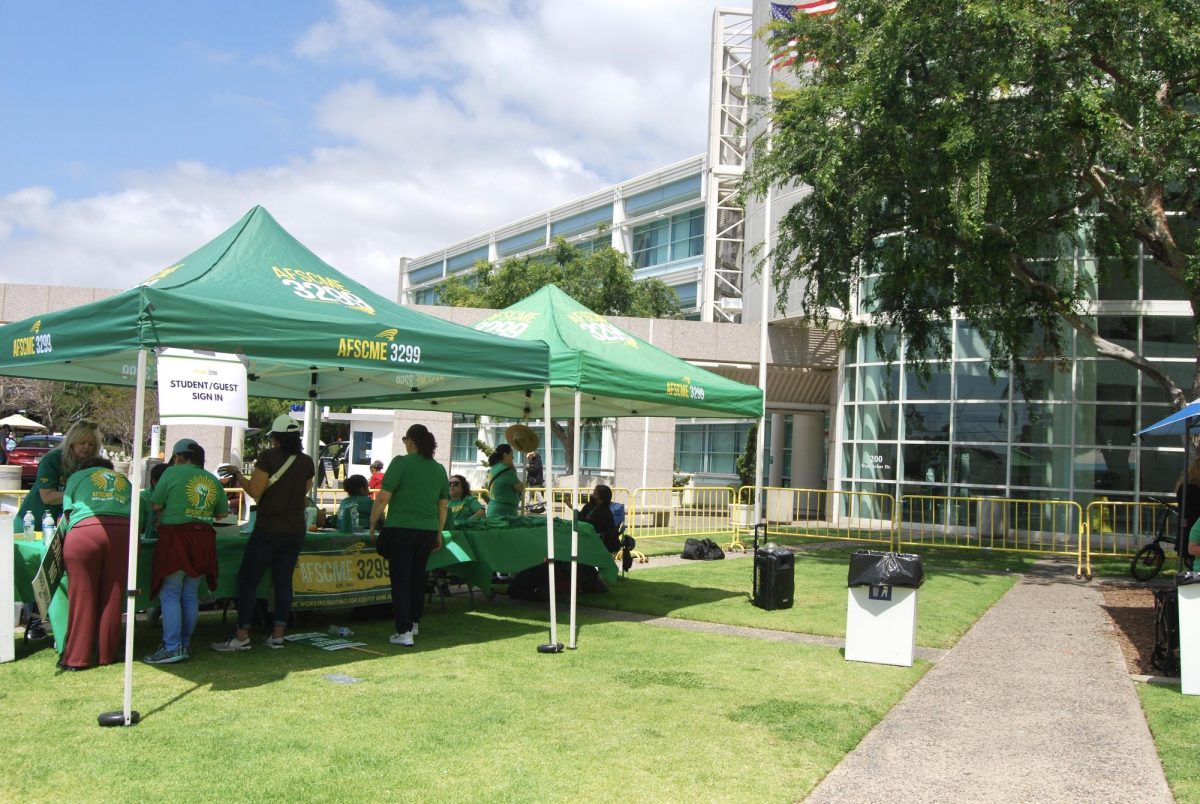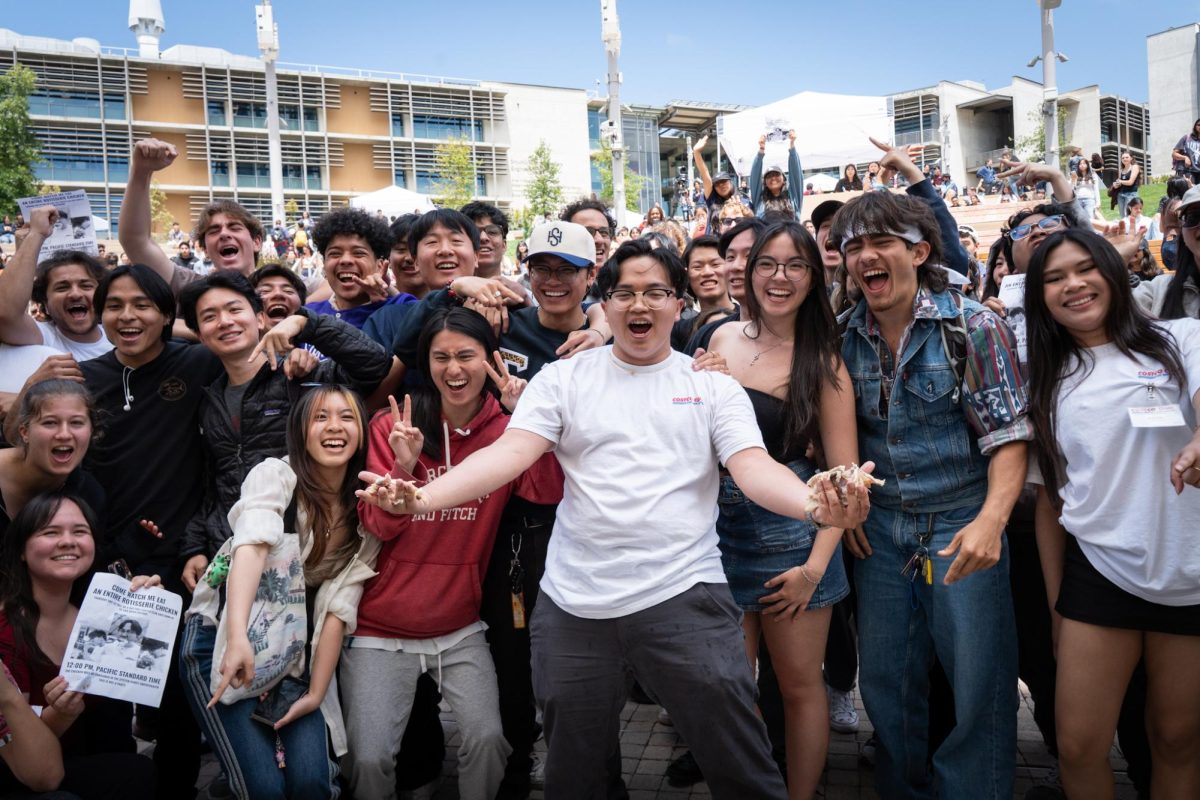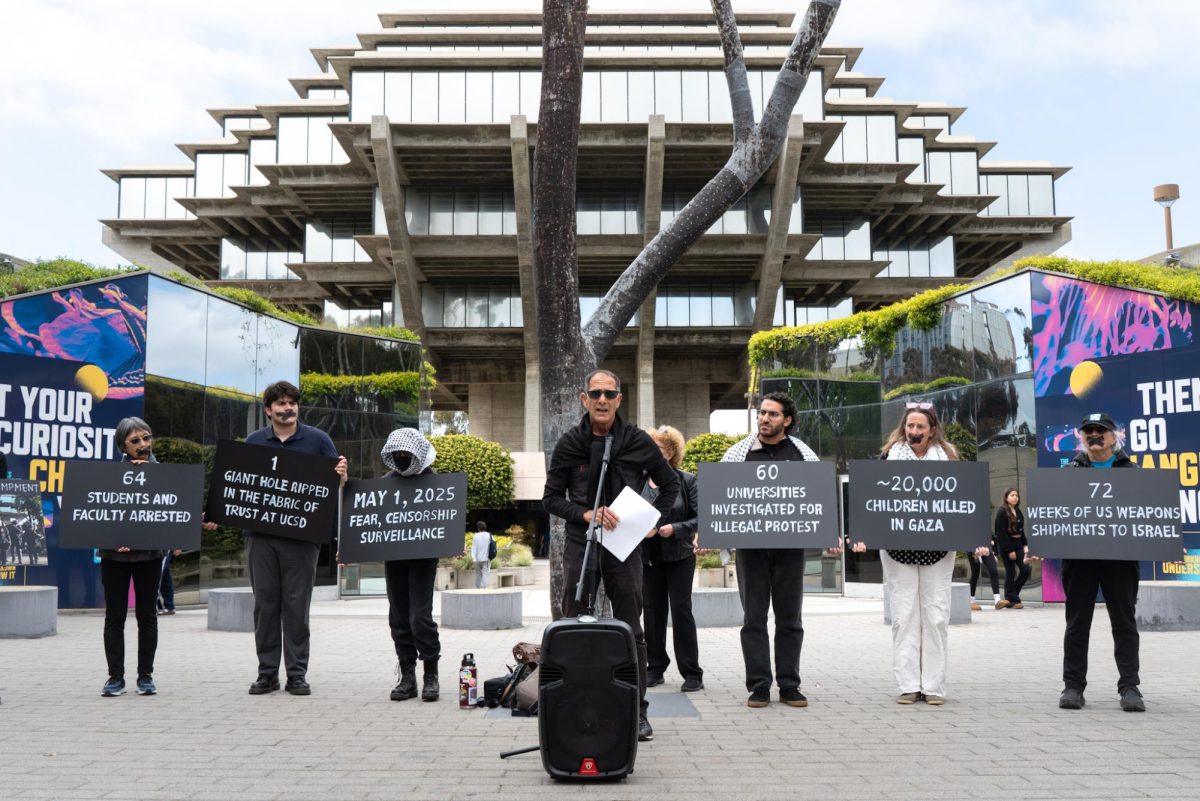The American Federation of State, County and Municipal Employees Local 3299 launched a three-day strike from Oct. 23 to 25 in response to the University of California’s continued practice of subcontracting labor to private companies. Across California, 15,000 patient technical care workers, over 9,000 AFSCME-represented service workers, and 15,000 University Professional and Technical Employees and Communications Workers of America (UPTE-CWA) union workers joined picket lines and rallies.
The three-day event marks the second time this calendar year that union workers have come out in opposition to the UC system’s subcontracting practices, or the hiring out of contractors at lower wages than UC employees for already-filled positions. In this past year’s negotiations, the union sought a six-percent wage increase, but the UC system only offered a 3-percent increase over four years, which led to the first round of strikes. Around 53,000 workers came out in protest statewide.
“We’ve bargained in good faith for over a year to address outsourcing at UC because it creates unequal and insecure circumstances that workers must struggle with every day,” AFSCME Local 3299 President Kathryn Lybarger announced in a press release on the day of the first strike. “Instead of joining us in an effort to arrest these alarming trends, UC has insisted on deepening them — leaving workers no option but to strike.”
As AFSCME Lead Organizer Shaun McCollum pointed out to a crowd of protestors on Tuesday, Oct. 23, private contractors make about $8.50 less than UC workers, as confirmed by a state audit.
Director of Media Relations for the UC Office of the President Claire Doan condemned the decision to strike, saying that it would be “no more effective now than it was in May.”
“For a year, AFSCME leaders have refused to budge on their unreasonable demand of a 36-percent raise over four years for patient-care workers,” Doan said. “That is nearly triple what other university employees have received and clearly unrealistic for a taxpayer-funded institution like UC.”
According to a UC budgets summary, the largest source of general funds for the UC system is nonresident supplemental tuition, and not taxpayer-generated revenue.
Doan told the Guardian that AFSCME patient-care and service workers are “already compensated at or above market rates, along with affordable health insurance and generous retirement benefits.” She argued that AFSCME leaders’ “combative approach” in refusing to reach a consensus with the University has cost service workers their pay increases.
“I would hope that after two walkouts by university workers, they would understand that this is more about job security,” AFSCME 3299’s Communications Director John de los Angeles told the Guardian. “[W]hat good is a raise if your job is allowed to be outsourced the next day?”
In attendance at UCLA’s protest on Oct. 24, U.S. Senate candidate Kevin de León addressed the crowd of strikers.
“When you make the decision to strike, you demonstrate the courage of your convictions, to do what’s right by your fellow workers, to do what’s right by your family members, to do what’s right by your children, your sons and daughters who look up to each and every one of you,” de León said to the crowd. “This is about human dignity and respect.”
“I would think [the UC system] is beginning to hear our concerns,” de los Angeles told the Guardian. “Thousands of workers out across the state, not just AFSCME-represented workers. I think that speaks volumes to how serious this problem is. The turnout on the strike line should speak for itself.
“If the university continues to ignore the well-founded concerns of these workers, they’ll continue to fail the people of California,” de los Angeles added. “They’ll continue to stand at odds with the university’s mission, which is to serve as an engine of economic mobility for the people of this state.”
The strike officially came to a close at 4 a.m. on Oct. 26. The University of California is set to enter mediation with UPTE-CWA this coming November.
photo by Tyler Faurot


